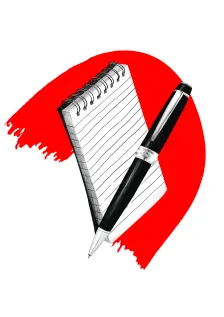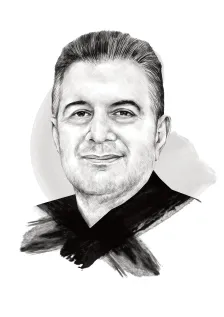Israel knows its military operation cannot last forever, so it is racing to either kill or fatally wound the Islamic Republic before the clock runs out
After nearly two years of destroying Gaza and its people, Israel's image in the international community has taken a beating, giving Netanyahu all the more reason to hide the truth

















